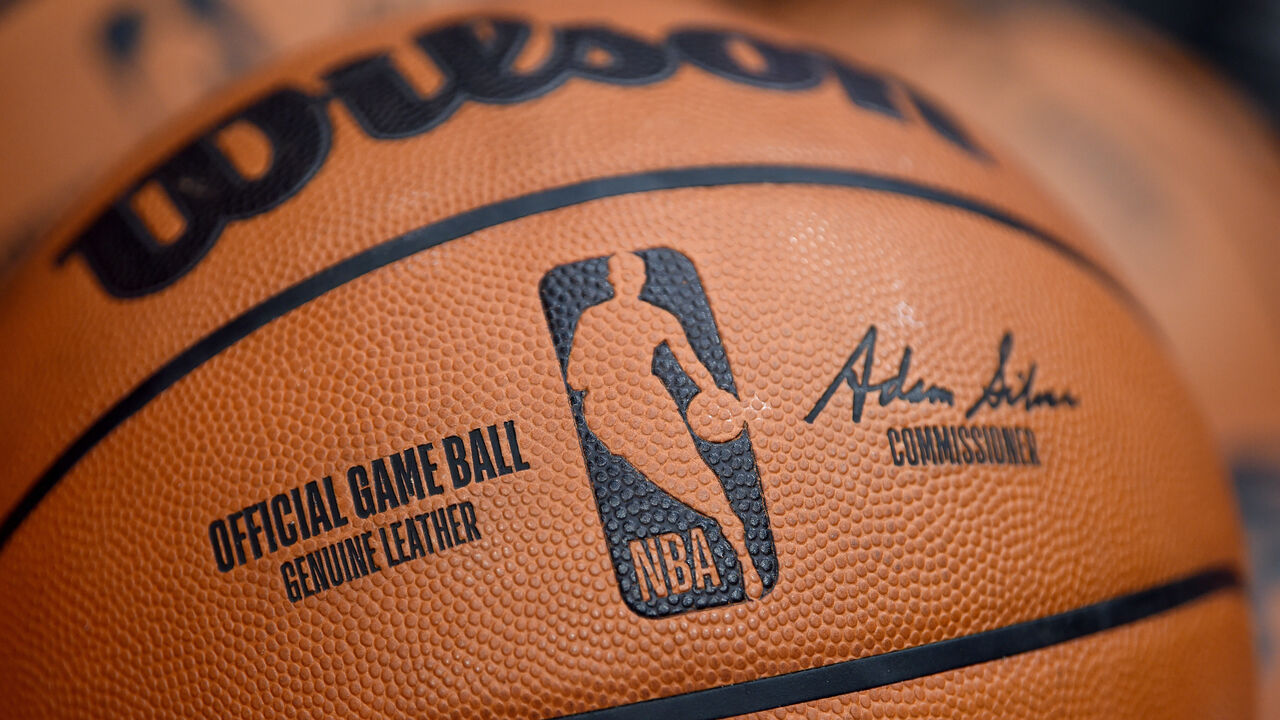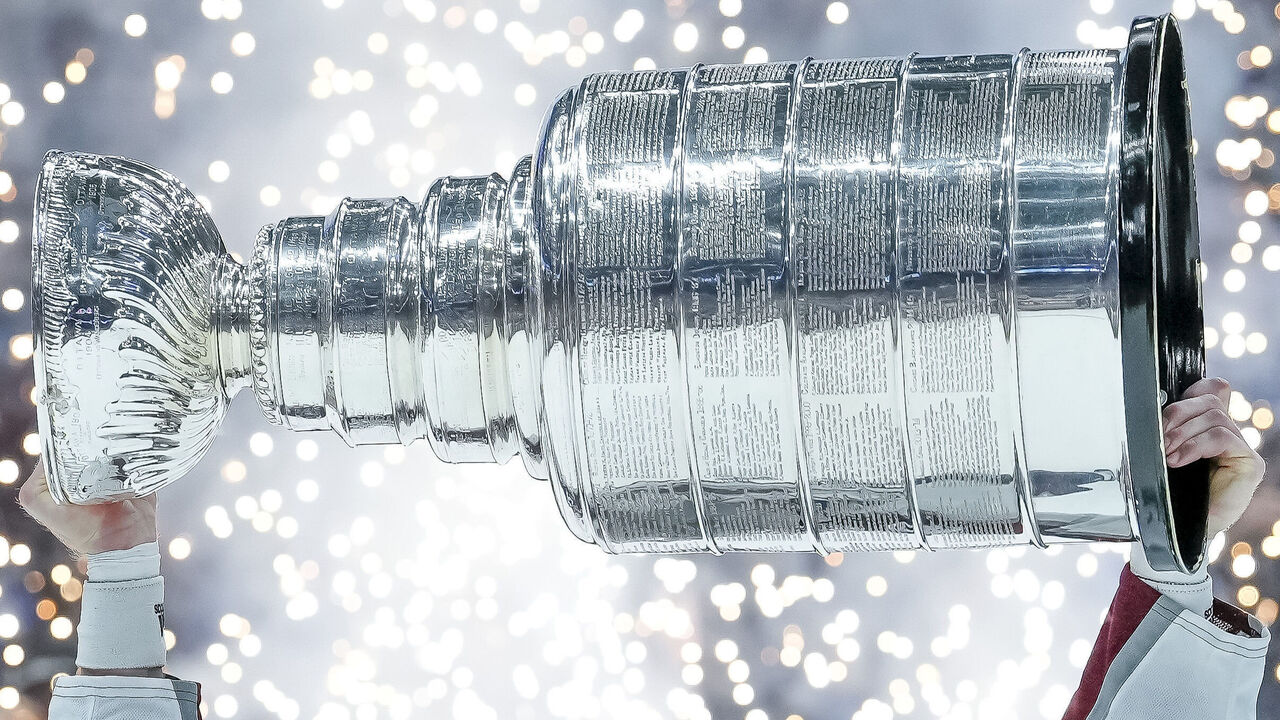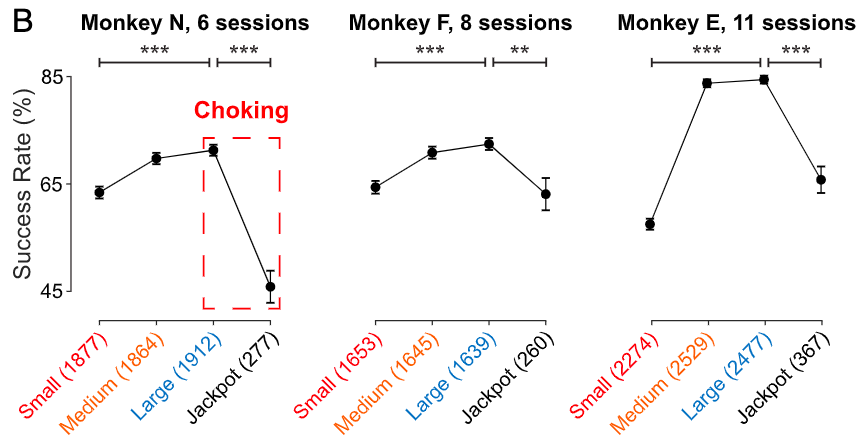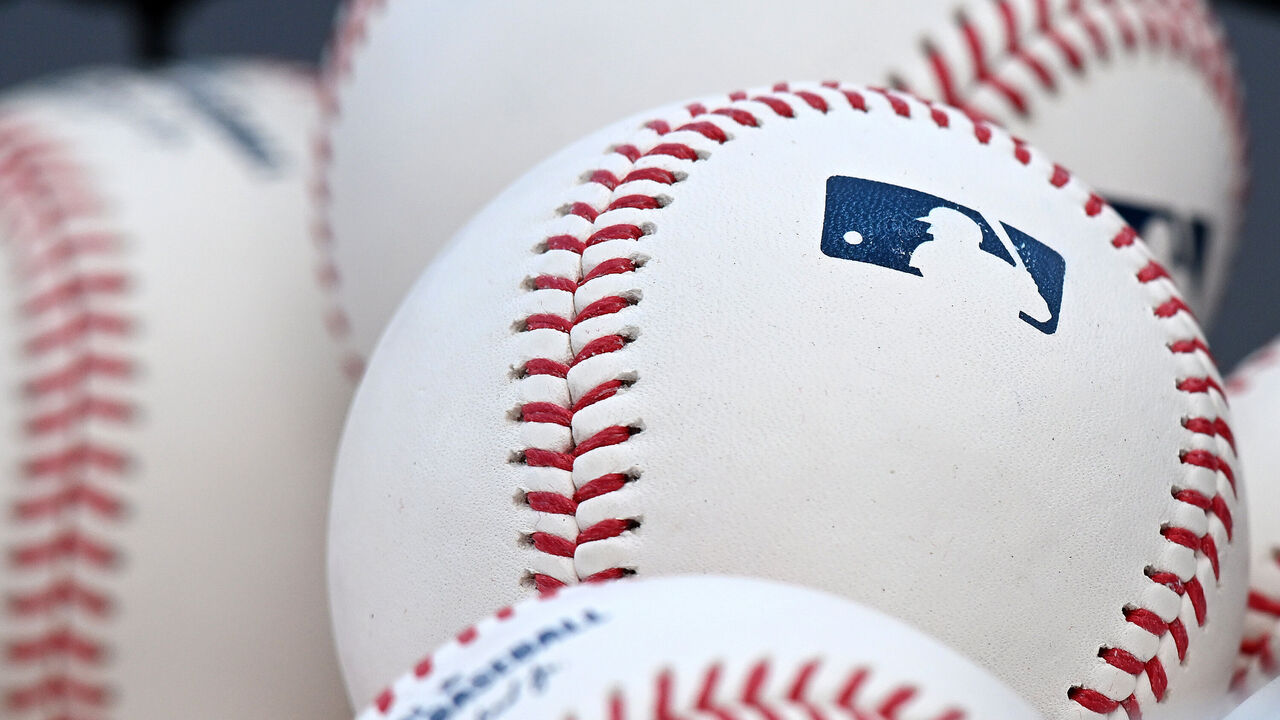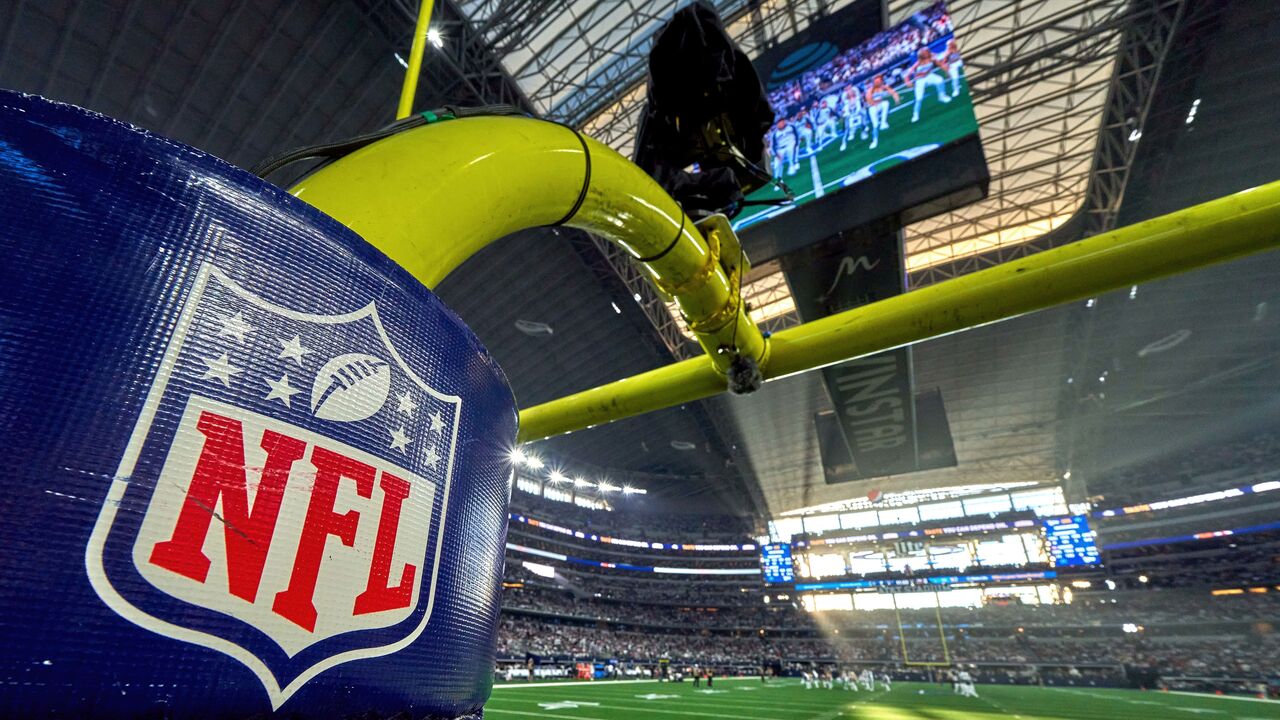Once looking like a snoozer of a series, the Stars have fought their way back into the mix and have the ability to force a Game 7 with a win over the Golden Knights.
Let's take a look at a few of my favorite ways to attack what should be an exhilarating affair.
Golden Knights (+110) @ Stars (-130)
The Golden Knights and Stars have consistently played low-scoring games. Of their eight meetings this season, six featured five goals or fewer. These teams just don't score a ton against one another.
I don't expect that to change in Game 6. For one, the Stars have actually done a very good job of limiting chances in this series.
Jake Oettinger was among the team's problems over the first few games. With his performances back to norm and settled, we shouldn't expect fireworks.
On the other end of the ice, the Golden Knights have done a nice job of limiting expected goals. Of the teams to crack the final four, only the Stars fare better in that regard.
These teams can defend. Oettinger has it in him to steal games, and Adin Hill has played much better than anybody could have anticipated.
Not to mention, this is an elimination game. Those tend to be played tighter to the vest, with neither team wanting to get overly antsy and make a mistake when the stakes are so high.
Through the last game of each series thus far, the Stars and Golden Knights' closeout affairs have combined for five goals or less in three of four contests.
I expect that trend to continue on Monday night.
Bet: Under 5.5 (-110)
Jonathan Marchessault over 0.5 points (-135)
Marchessault is scorching hot. Dating back to the last series against the Oilers, the highly skilled offensive winger has registered at least one point in seven of nine games - including four in a row against these Stars.
He has been extremely prolific during that period, producing 14 points. That's good for an average of 1.55 per contest.
Win or lose, I like Marchessault's chances of getting involved offensively in this game. He has registered at least three shots on target in nine of the past 10 games, giving him a real chance at finding the back of the net each night.
He also plays on a line with the Golden Knights' most talented player - Jack Eichel - at five-on-five and on the top power play. There's no role that would serve him better in an effort to find the scoresheet.
Look for Marchessault to stay hot in Game 6.
Jason Robertson over 3.5 shots (-105)
It took a while but Robertson has finally come alive as a shooter. Normally reliant on the power play, Robertson has been pretty quiet in these playoffs as extra-man opportunities have continued to dry up. Until now.
We're not seeing a bunch of power plays - quite the contrary - but Robertson is starting to fire from anywhere and everywhere at even-strength. Even more so on home ice, where Game 6 will be played tonight.
The Stars have played two home games in this series. Robertson attempted double-digit shots in each of them, combining for 12 shots on 24 attempts.
Home cooking has been the theme of Robertson's season. Playoffs included, he has a 61% hit rate in Dallas. That number drops to 40% on the road.
With home ice in his back pocket, and the Stars' season on the line, you can bet they'll be trying to get the puck in the hands of their top finisher as much as possible. Expect a handful of shots.
Todd Cordell is a sports betting writer at theScore. Be sure to follow him on Twitter @ToddCordell.
Copyright © 2023 Score Media Ventures Inc. All rights reserved. Certain content reproduced under license.
